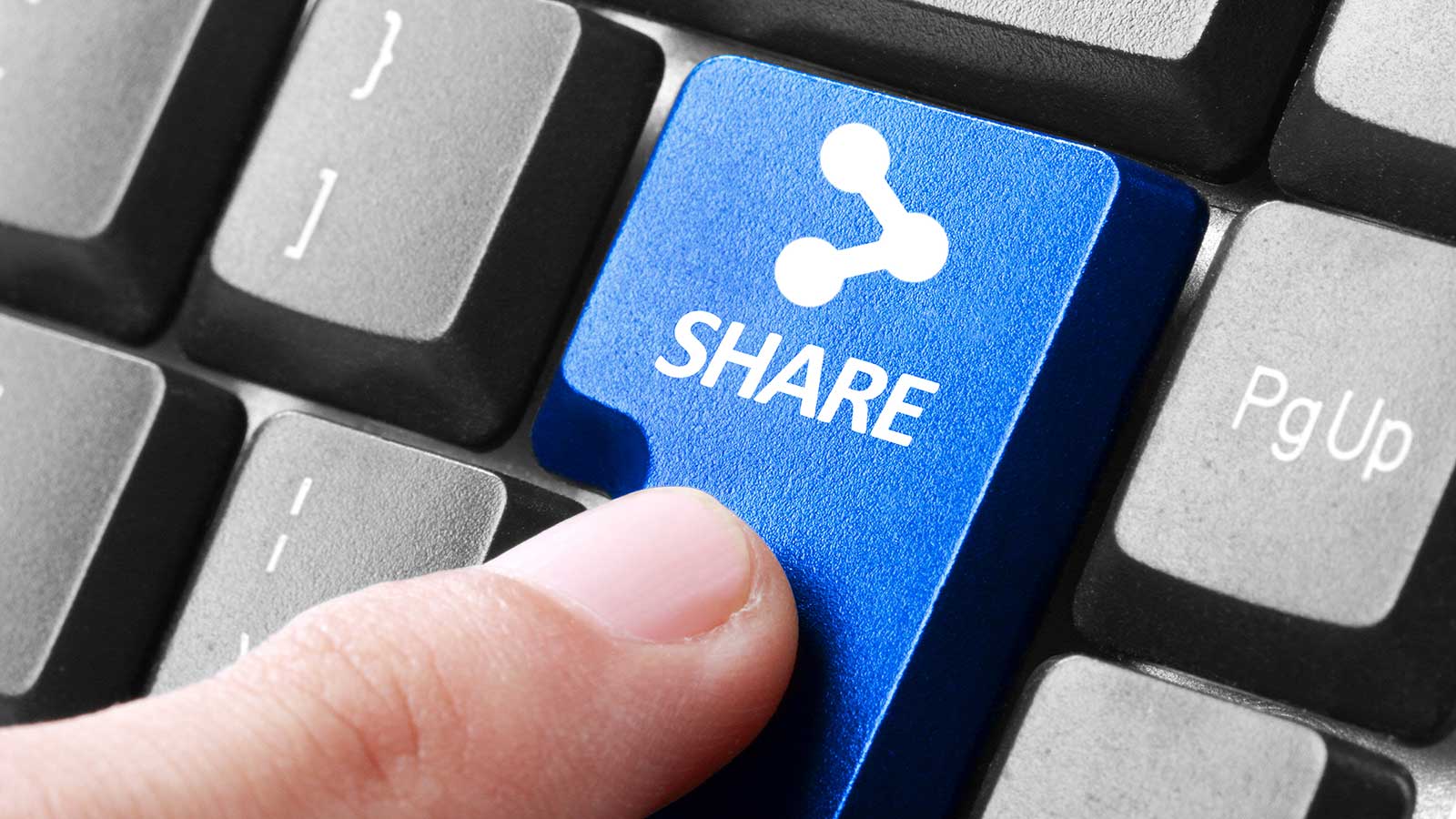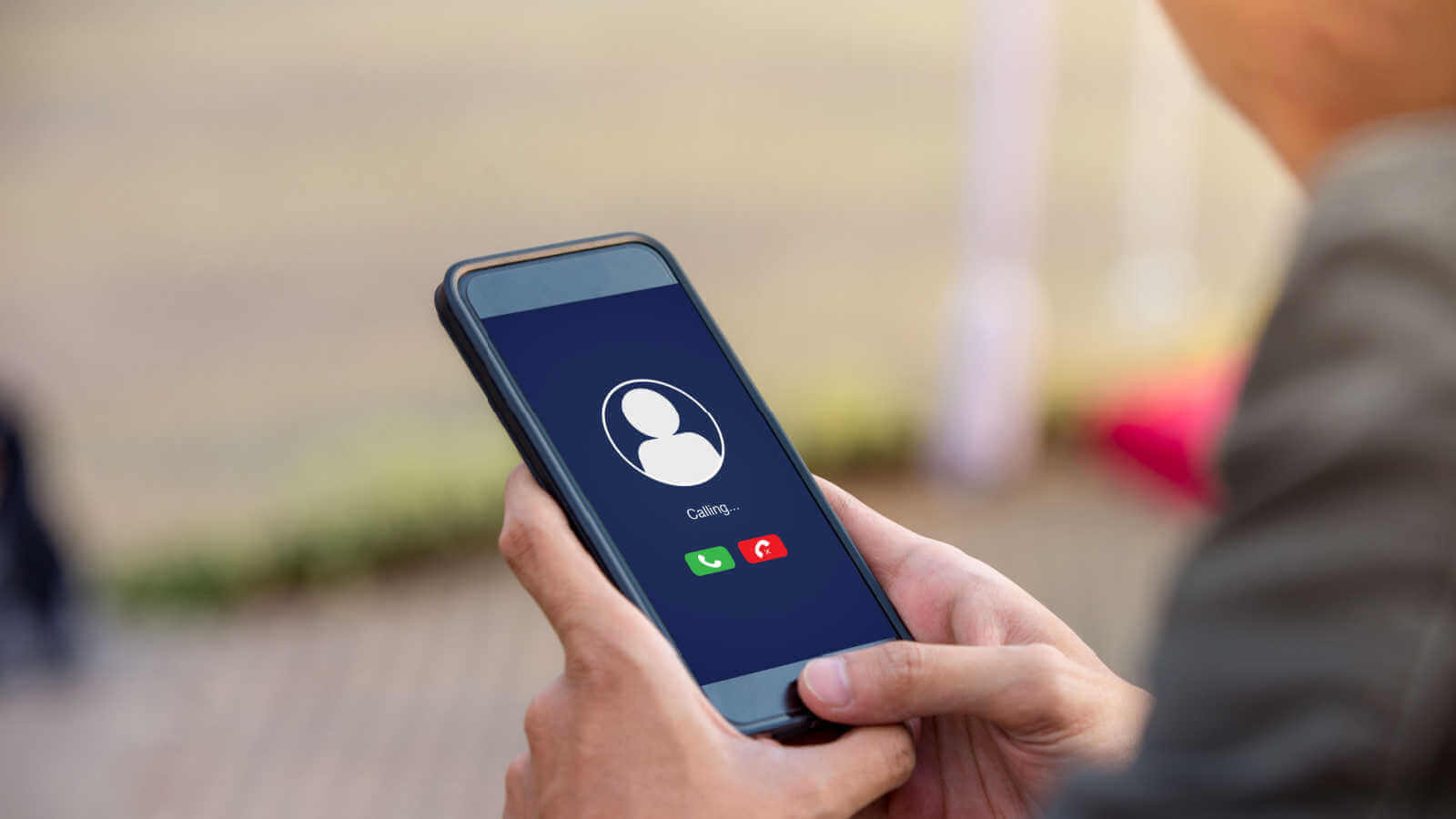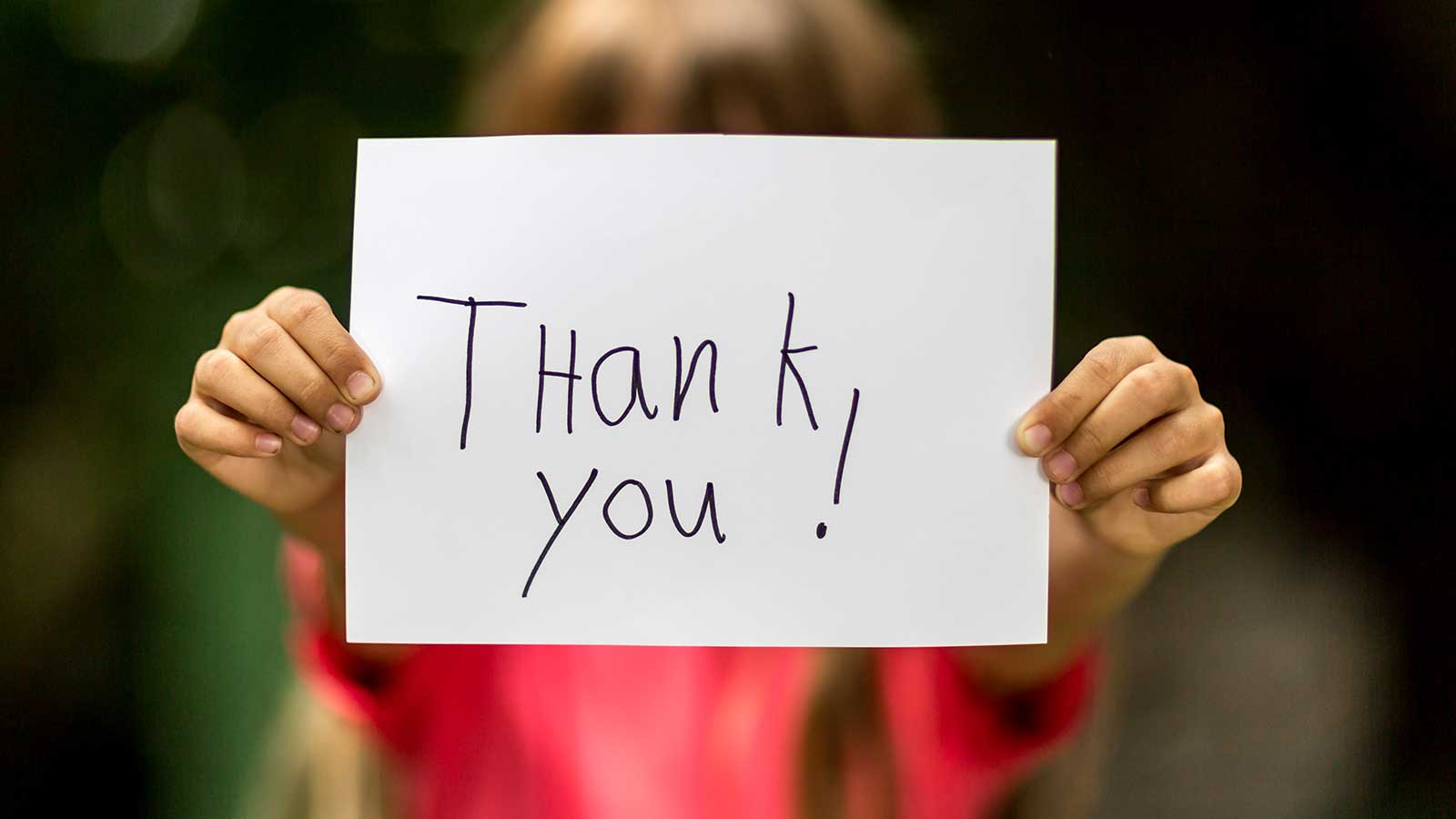Navigating the ever-changing landscape of etiquette can be tricky, as what was once considered polite may no longer hold true today. Despite your best intentions, some well-meaning actions might inadvertently lead to awkward situations. Striking the right balance is critical. Lisa Grotts, an etiquette expert, is here to guide you through the nuances of modern politeness. According to her, genuine courtesy revolves around kindness, respect, and prioritizing others—while also considering your needs. By shifting the focus from strict rules to thoughtful consideration, you’ll master the art of being genuinely polite in any circumstance.
Automatically Saying “Yes”

Image Credit: Shutterstock.
“People often believe that the polite or kind response to a request is an immediate ‘yes,’ with the thought they can change their mind later,” explains etiquette expert Lisa Grotts. However, Grotts warns that although this might momentarily please the asker, it is only a considerate approach if the commitment can be upheld. Such behavior can lead to frustration, resentment, and hurt feelings on both sides, fostering a chronic sense of being overwhelmed by over-commitment. Instead, Grotts advocates for honesty as a crucial component of polite communication. She advises ensuring that a “yes” genuinely means an affirmative commitment. If uncertain, gracefully decline by saying, “Let me check my schedule and get back to you.”
Offering to Share a Bite of Food

Image Credit: Shutterstock.
When faced with a delectable crème brûlée or a delightful boba tea, the initial impulse may be to offer a bite or a sip to dining companions, assuming they’ll enjoy it. However, etiquette expert Julia Esteve Boyd advises against sharing food directly from a fork or glass, which is considered impolite. Instead, if you wish to share, cut off a portion of the food and use their fork to hand it to them. Boyd adds that sharing a straw is also not considered polite, except with someone you regularly kiss on the mouth. Additionally, respecting others’ preferences when they decline your offer to try your food and refrain from pressuring or placing it on their plate without permission is essential.
Offering Driving Tips or Directions Without Being Asked

Image Credit: Shutterstock.
In the age of advanced GPS technology, offering directions may be unnecessary and confusing, as GPS systems are often more accurate, accounting for traffic and accidents, according to etiquette expert Julia Esteve Boyd. Attempting to provide turn-by-turn directions can be perceived as annoying and unnecessary. The same applies to offering unsolicited driving tips, as correcting someone’s driving is generally unwelcome. Instead, Boyd suggests only providing driving directions or clarification when the driver asks. Unless a severe safety concern arises, refraining from acting as a driving instructor is best, especially in rideshare situations, where passengers offering navigation advice may irk Uber drivers.
Waving Someone Through at a Four-Way Stop

Image Credit: Shutterstock.
At perplexing intersections like four-way stops, yielding to others is polite. Still, it often leads to confusion and annoyance. Etiquette expert Lisa Grotts emphasizes that following the rules of the road is a better approach. Remember the basics from driver’s education: the first car to stop goes first, and when two cars arrive simultaneously, the vehicle to the right has the right of way. Proceed confidently, ensuring safety and without cutting anyone off. This proactive driving etiquette reduces frustration and promotes smoother traffic flow for all.
Sharing a Lot of Personal Information Right Away

Image Credit: Shutterstock.
As a child, one is often taught that giving one-word answers is impolite. However, this lesson might lead to overcompensation by providing excessive personal details when questioned, assuming that it reflects authenticity. Etiquette expert Lisa Grotts advises caution in such situations, as the person being spoken to may not appreciate the oversharing and find it off-putting. This holds particularly true in professional settings, with new acquaintances, and when discussing personal opinions. Instead, Grotts recommends reserving intimate information for close friends and confidants, advocating for the principle of “less is more” in the company of acquaintances versus close friends.
RSVPing Informally

Image Credit: Shutterstock.
RSVPing is still crucial etiquette, even in the digital age of Facebook invites and text messages, says etiquette expert Lisa Grotts. Politeness lies not only in responding but also in adhering to the host’s preferred RSVP method. If they provide a phone number, use it; for formal occasions like weddings, mail back the RSVP card. Even with Facebook invites, responding “Going” helps hosts streamline their planning process, estimating factors like food, beverages, and seating arrangements based on the responses received.
Being Self-Deprecating

Image Credit: Shutterstock.
Compliments and self-deprecating humor often go hand in hand, as receiving praise can be uncomfortable, leading to the temptation to downplay compliments to avoid seeming boastful. However, etiquette suggests that responding with self-deprecating remarks like “I just rolled out of bed” can inadvertently offend the compliment-giver, invalidating their kind words. Rather than undermining the compliment, it’s best to gracefully accept it by simply saying “thank you.” This sincere response acknowledges the compliment with appreciation and avoids any unintentional discomfort caused by self-deprecating humor.
Showering Someone With Compliments

Image Credit: Shutterstock.
Compliments can backfire, primarily when focusing on appearance, leaving recipients uncomfortable or objectified. Etiquette expert Lisa Grotts warns against praising weight loss as it implies they were unattractive before. She advises thoughtful consideration before offering compliments, being genuine, and maintaining open body language with eye contact for meaningful connections. Beware of seemingly complimentary remarks that carry underlying insults. Remember, being too direct can be off-putting, so choose words carefully and be mindful of the impact your compliments may have on others.
Showing Up Early

Image Credit: Shutterstock.
Arriving early to a social gathering is a considerate gesture. Still, it can actually be quite bothersome to hosts, as they may only be prepared for guests after the designated start time. Etiquette expert Lisa Grotts advises only to arrive early if specifically asked to assist with preparations. Being just a few minutes “late” can be more polite, allowing the host a little extra time to finalize arrangements. However, being excessively late is not advised either, as arriving significantly after the party’s start may create an unfavorable impression. Striking a balance between punctuality and giving the host a brief grace period is the key to polite and respectful behavior.
Cheek kissing or Hugging Hello

Image Credit: Shutterstock.
Before the pandemic, greetings often involved physical gestures like cheek kisses, air kisses, hugs, and arm grabs, all commonly practiced. However, even before widespread concerns about infectious diseases, many individuals felt uncomfortable with their personal space being invaded by these so-called “polite” greetings, as observed by etiquette and protocol coach Julia Esteve Boyd, a co-host of the podcast Manners Matter 2. Instead, she advises more respectfully, especially when greeting acquaintances or strangers. A warm smile or friendly nod can convey the same sentiment as a hug, ensuring politeness without encroaching on personal boundaries. Additionally, during these pandemic times, it’s crucial to be mindful of the etiquette rules when visiting friends.
Leaving Detailed Voicemails

Image Credit: Shutterstock.
Two decades ago, voicemail served as the primary means of communication. Leaving detailed messages was considered polite and necessary to ensure recipients had all the information they needed. However, in the present day, attitudes toward voicemail have drastically shifted. Nowadays, most individuals find voicemail to be an unwelcome inconvenience and view it as a time-consuming activity. According to etiquette expert Julia Esteve Boyd, people now prefer more efficient methods of communication, such as texting, which has become the norm due to its convenience and immediacy. Returning calls or listening to lengthy voicemails has become a rarity, as texting provides a quicker and more preferred mode of interaction in today’s fast-paced world.
Apologizing for Every Little Thing

Image Credit:: Shutterstock.
According to etiquette expert Lisa Grotts, some individuals tend to apologize excessively for minor infractions or things they aren’t responsible for, a behavior that can lead to annoyance and unnecessary guilt in others. Instead, Grotts advises offering a sincere and appropriate apology when you make a mistake or cause an offense, avoiding over-apologizing. Furthermore, she suggests reframing the response positively for situations beyond your control or ones you’ve already apologized for. For instance, replacing “I’m so sorry I was late” with “Thank you for being patient. I’ll be more prompt next time” fosters a positive interaction and leaves both parties feeling good about the exchange.
Tagging People on Social Media

Image Credit: Shutterstock.
Tagging friends, family, and acquaintances on social media has become commonplace. Still, etiquette expert Julia Esteve Boyd points out that assuming it’s polite may not always hold true. Only some people feel comfortable with their online presence and privacy, and being tagged without consent can be unwelcome. People may resist tags to avoid offending others, evade scammers, or simply because they dislike being the center of attention. To be genuinely polite, Boyd suggests always seeking permission before tagging someone and respecting their decision. Additionally, she recommends adjusting social media settings to review tags before they are posted.
Saying, “No Worries”

Image Credit: Shutterstock.
Regarding acknowledging gratitude, etiquette expert Lisa Grotts emphasizes the importance of positive phrasing. While responding with phrases like “no worries,” “no big deal,” or “no problem” when thanked is not necessarily rude, it can inadvertently make the other person feel uncomfortable. Such responses may imply that the gratitude was an inconvenience or viewed as a problem. Instead, Grotts recommends using more polite alternatives like “you’re welcome” or “my pleasure” to convey appreciation graciously. These responses foster a more positive and considerate exchange of gratitude.
Replying “Thanks” to a Group Email

Image Credit: Shutterstock.
In email communication, hitting “reply all” might seem polite when multiple recipients are involved. Still, etiquette coach Julia Esteve Boyd advises caution. With many daily emails, unnecessary responses like a simple “thanks” create a flood of messages lacking valuable information. Moreover, sifting through numerous replies becomes cumbersome when seeking essential details. Boyd suggests directly replying to the sender for acknowledgment while adhering to good email etiquette by responding only to those individuals who require the shared information.
Burglars’ Top Targets: 18 Spots Burglars Always Check First for Your Valuables

Image Credit: DepositPhotos.
No matter how well you hide your belongings, once a burglar is able to get into your home, your items are at risk. These are the 18 hiding spots thieves will always check first. Burglars’ Top Targets: 18 Spots Burglars Always Check First for Your Valuables
16 ACTIONS THAT TURN MEN AWAY – THE MOST UNATTRACTIVE THINGS WOMEN CAN DO, AS REVEALED BY MEN

Image Credit: DepositPhotos.
If you are a woman on the lookout for the perfect man you may want to check out this list of 16 things that men find unattractive in women. The list is compiled from a recent online forum in which men discussed what turned them off when it comes to women.
16 ACTIONS THAT TURN MEN AWAY – THE MOST UNATTRACTIVE THINGS WOMEN CAN DO, AS REVEALED BY MEN
HIDDEN HUMILITY: 10 HINTS THAT SOMEONE IS WEALTHIER THAN THEY APPEAR

Image Credit: Shutterstock.
Wealth doesn’t always display in luxurious cars or high-end fashion. Indeed, many individuals with considerable wealth opt to keep a low profile regarding their financial situation. This piece explores various subtle cues and hints that might indicate someone being “wealthier than they appear,” all collected from the insights of internet users.
HIDDEN HUMILITY: 10 HINTS THAT SOMEONE IS WEALTHIER THAN THEY APPEAR
19 PRODUCTS MARKETED ALMOST EXCLUSIVELY TO STUPID PEOPLE

Image Credit: Shutterstock.
In the advertising world, where glossy images and grand promises reign supreme, it can be challenging to separate fact from fiction. This can be particularly true regarding products that promise significant improvements to our health, appearance, and overall well-being. We’ve delved behind the marketing façade to look more closely at some popular products that don’t quite live up to the hype.



